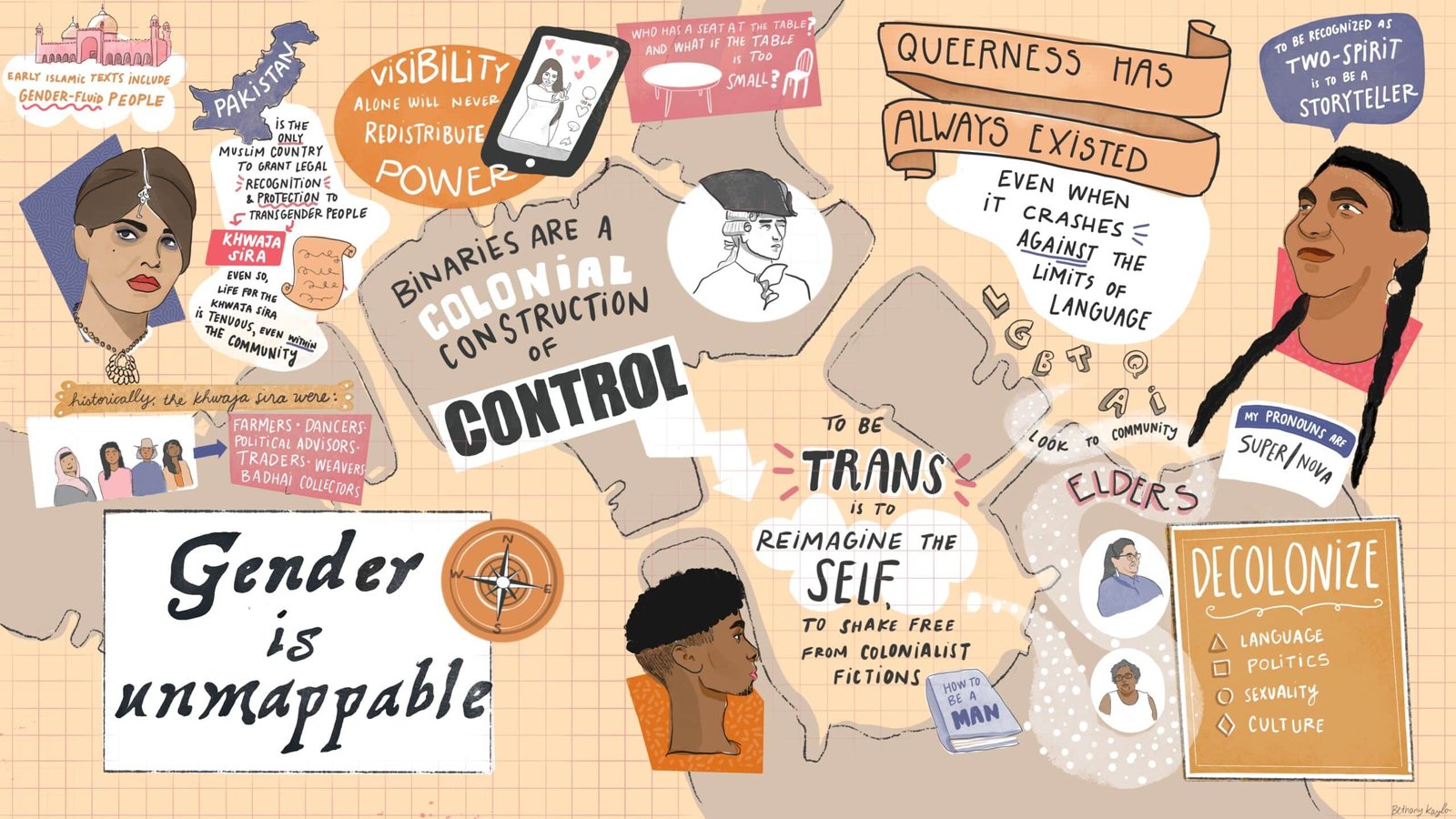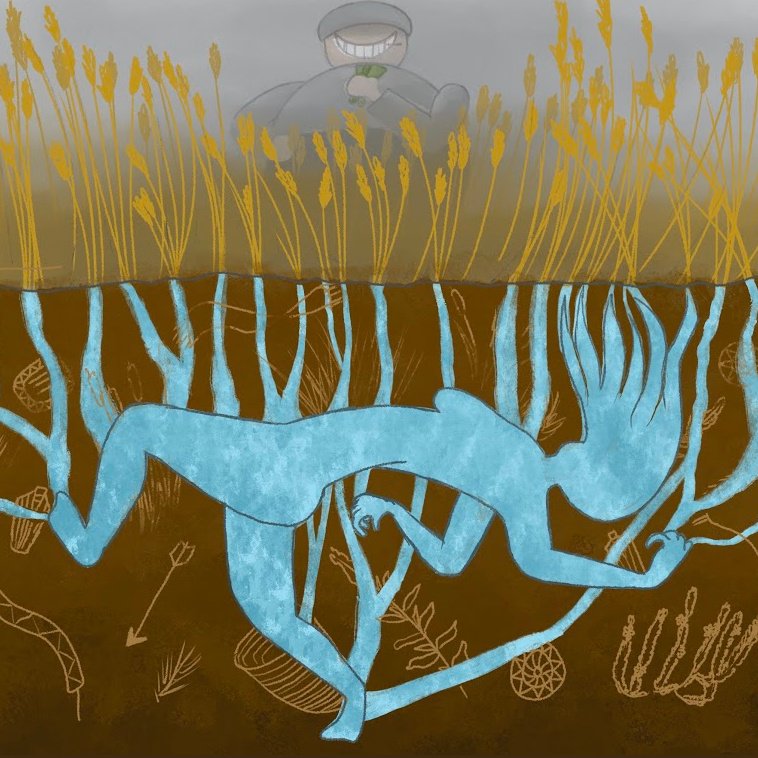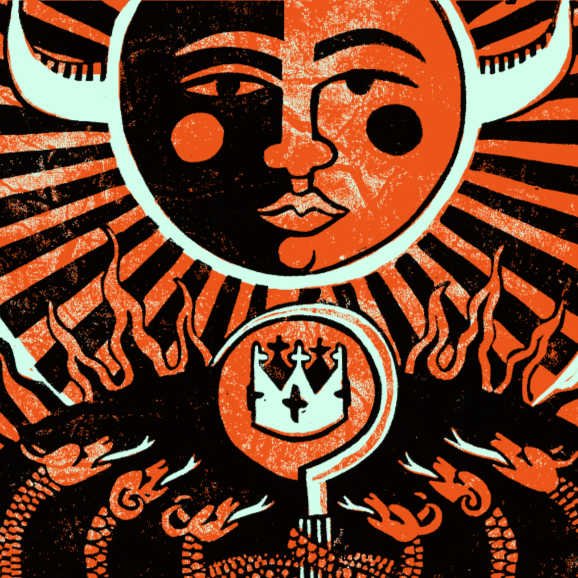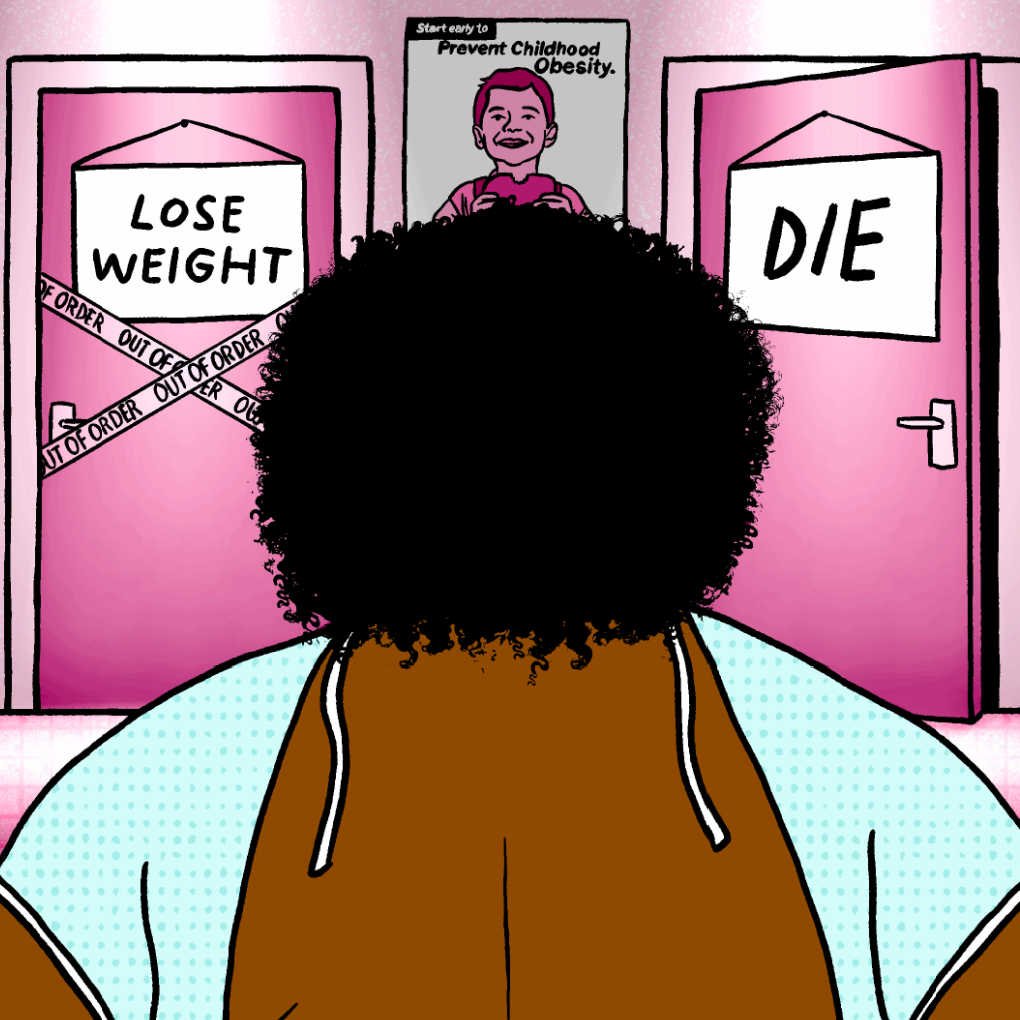
START HERE!
(A quick hello from the editor.)
THE FEATURE STORY
The Guru Who Said No
Is gender fluidity a modern concept? Hardly. Pakistan’s khwaja sirah community has been rejecting binaries for hundreds of years, and they’d like your colonialism off their rights, bodies, and identities.
words by Alizeh Kohari
art by Sana Nasir
6,912 words
a 34-minute read
What’s a Pipe Wrench?
A dinner party where someone fascinating tells a great story and everyone else at the table grabs the bits that resonate with them and spins the conversation in a dozen new directions, but a magazine. Learn more, or join our mailing list to learn about new issues:
CONVERSATION PIECES
Now explore criticism, essay, poetry, and more from the people and communities whose lived experience informs the issue’s theme: transgender scholars, artists, and activists from around the world, centering on Indigenous people and people of color. They’ve all read the feature story, and these pieces are their contributions to the conversation.
Sophia-Layla Afsar finds that when identity clashes with capitalism, you have to make hard decisions about who you are and how you want to live.
Mariah Rafaela Silva grew up in Brazil’s favelas, where “transgender” meant nothing good. Now she’s rewriting the stories she was told.
Mehrub Moiz Awan on the double-edged sword of transgender “visibility” in Pakistan — is a viral TikTok video truly empowering?
Sandy O’Sullivan was, is, and will be, despite colonialism’s efforts to deny and control their Aboriginal, nonbinary body.
Ian-Khara Ellasante explores what happens when your understanding of yourself outstrips the words we have to talk about gender and identity.
Kalki Subramaniam, Indian transgender activist, finds common ground with khwaja sirah across the border.

Luvia Lazo visits the Muxe, an Indigenous Mexican third-gender community, on an ordinary Saturday to see what life is like when the Vogue photographers and New York Times reporters leave town.
Taté and Ohíya Walker take us down their nonbinary, Two Spirit path in poetry and art, smoothing it for the generations to come.
Dawood Qureshi — trans, British, Muslim — finds that faith’s promise of community isn’t always comfortable, or safe.
THE REGULARS
In each issue, our columnists broaden the conversation by responding to the broad theme rather than directly to the feature story. For this issue, that theme was “Binaries.”
Soraya Roberts
Breai Mason-Campbell
Sara Benincasa


FEATURE STORY
Pakistan’s khwaja sira community has been rejecting the binary for hundreds of years, and they’d like your colonialism off their rights, bodies, and identities.
Alizeh Kohari
6,912 words (a 34-minute read)

CONVERSATION PIECES
Now explore criticism, essay, poetry, and more from the people and communities whose lived experience informs the issue’s theme: transgender scholars, artists, and activists from around the world, centered on Indigenous people and people of color. They’ve all read the feature story, and these pieces are their contributions to the conversation.
Sophia-Layla Afsar finds that when identity clashes with capitalism, you have to make hard decisions about who you are and how you want to live.
PERSONAL ESSAY
* * *
Mariah Rafaela Silva grew up in Brazil’s favelas, where “transgender” meant nothing good. Now she’s rewriting the stories she was told.
PROSE POETRY
* * *
Mehrub Moiz Awan on the double-edged sword of transgender “visibility” in Pakistan — is a viral TikTok video truly empowering?
CRITICAL ESSAY
* * *
Sandy O’Sullivan was, is, and will be, despite colonialism’s efforts to deny and control their Aboriginal, nonbinary body.
CRITICAL ESSAY
* * *
Ian-Khara Ellasante explores what happens when your understanding of yourself outstrips the words we have to talk about gender and identity.
HYBRID ESSAY
* * *
Kalki Subramaniam, Indian transgender activist, finds common ground with khwaja sira across the border.
POETRY, ILLUSTRATION
* * *

Luvia Lazo visits the Muxe, an Indigenous Mexican third-gender community, on an ordinary Saturday to see what life is like when the Vogue photographers and New York Times reporters leave town.
PHOTOGRAPHY
* * *
Taté and Ohíya Walker take us down their nonbinary, Two Spirit path in poetry and art, smoothing it for the generations to come.
POETRY, ILLUSTRATION
* * *
Dawood Qureshi — trans, British, Muslim — finds that faith’s promise of community isn’t always comfortable, or safe.
PERSONAL ESSAY

THE REGULARS
In each issue, our columnists broaden the conversation by responding to the broad theme rather than directly to the feature story. For this issue, that theme was “Binaries.”
Breai Mason-Campbell
* * *
Sara Benincasa
* * *
Soraya Roberts


Writer, artist, and illustrated note-taker Bethany Kaylor read the entire issue and created visual notes based on the stories so you can explore the conversation in one place.
Congrats on reaching the bottom of the page!
You must like us. The feeling’s mutual.
If you like-like us and want to hear from us regularly, all members get our members-only newsletter, Vicarious Therapy. We accept money and time as currencies.







